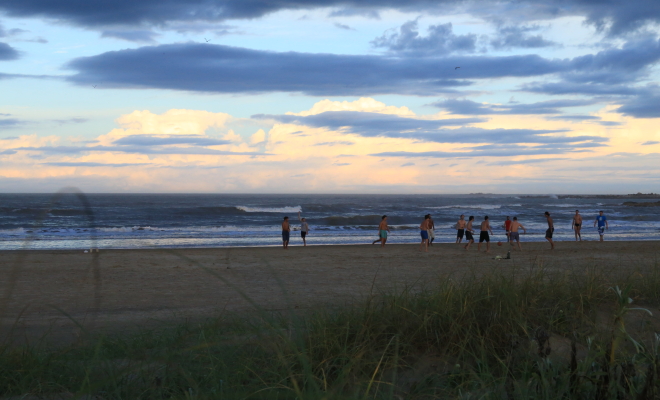
Psychoanalysis
Finding Yourself
Finding yourself in adulthood would be easy, almost effortless, if you’d always been encouraged to be yourself in childhood. Some get lucky in that regard but most don’t. Not because their parents are particularly malicious or controlling but because, in trying to be good parents and passing on the norms and values that will help their kids make it in the world they’re unwittingly instilling the norms and values necessary for the continued smooth functioning of the society they inhabit, not the norms and values necessary for the self-actualization of the unique individual.
Since you were very young you’ve been receiving messages about how you’re supposed to think, feel, and act, about what your role in your society is supposed be. In that process of super ego formation you learned that some thoughts, feelings, and ways of being were safe and acceptable while others were dangerous and tabu.
You’d experience very little conflict in adulthood if your authentic underlying Self lined up perfectly with those instilled norms, values, and tabus, if the roads open to you perfectly matched your unique potentialities. You wouldn’t experience any friction as you worked to become who and what you believed you were.
But the truth for most of us is that we do experience a lot of conflict in that process of finding ourselves, and this conflict arises because the little voice telling us who and what we really are is drowned out by the external sources of power, by authority both visible and anonymous telling us we’re something different than what we know we are at the deepest level of our beings. As long as we listen to and follow those external messages we’ll never be happy or feel fulfilled regardless of how good things look on the outside.
In this sense finding yourself is an act of rebellion, rebellion against the powerful cultural currents that compel you to accept a certain paradigm as good and natural and as representative of objective reality, as the way things are supposed to be and therefore the way you’re supposed to be.
Finding yourself is an act of faith, an inverted sort of faith since it stops taking its cues from any sort of external authority and instead takes its cues from that little voice, up until now overpowered, calling out from the depths yelling “This is who I really am!”
If you follow that voice you’ll experience conflict in your life but the conflict will be visible and conscious, it will be the external battle between society’s version of who you are and your version of who you are. If you don’t follow that voice you’ll experience conflict in your life but the conflict will be invisible and unconscious, it will be an internal battle. At the conscious level society’s version of who you are and the path you’re walking will be one and the same thing so you won’t get much push back from any of those external sources of authority. But you will get push back from yourself, and this push back will manifest in neurosis, depression, anxiety, and other forms of dysfunction that you’ll blame on some external factor rather than on your own internal betrayal of who and what you know you really are.

